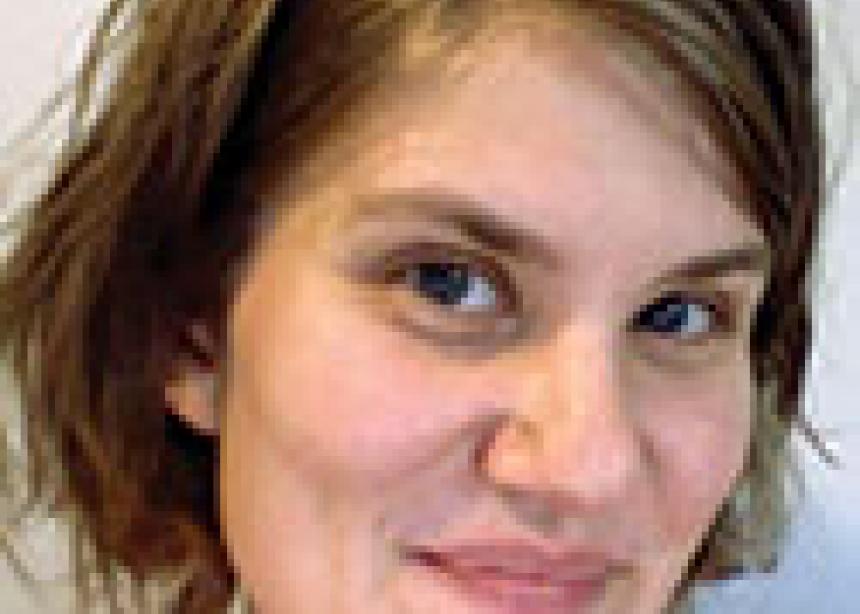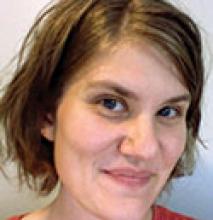This past spring, from March to May, I attended a series of classes at Spirit of Life Lutheran Church in Vancouver. The classes or “gatherings,” as they were called, were part of a program titled Caring for All Creation: Land, Water, and Our Communities. My partner Glenn was attending for class credit and since it was free for the public, I thought I’d go, too.
The program is sponsored by the University of Alberta’s Chester Ronning Centre for the Study of Religion and Public Life and in its second year. The purpose of the class is to build community around ecological and land justice. The website explains, “The premise . . . is that in order to see, think and act in the new ways required of us, we must do so within a caring community.”
The three-hour classes were every other Tuesday evenings. Each focussed on a different theme and featured speakers from local organizations who spoke on topics like Food and Land Systems, Decolonization and Indigenous Wisdom, and Extractivism and the Gift Economy. We began each time with a potluck supper and there was group discussion throughout the evening.
It’s a wonderful community-building project and I recommend it. But while I learned about cool non-profits and other resources, what I repeatedly realized during the sessions is that I am a judgmental, impatient person, who doesn’t really like group discussion with 20 strangers.
Yikes!
But I care about social activism and am part of social justice circles. I support indigenous sovereignty and admire the work of environmentalist groups. This should be my kind of thing. So what’s my problem?
The series was my first sustained community or peace-building exercise and it was not exactly what I would have ordered. I was hoping for activist mobilization, but what I experienced was a lesson in patience and empathy.
The attendance during the series changed from class to class, making it hard to connect with people. The majority of participants were middle-aged and so in different life situations than me. The levels of issue awareness varied from person to person, sometimes making the discussion elemental or, in my opinion, slow. Of course, everyone was coming from a different background and place.
In short, this was diversity 101. And I had a hard time handling it.
“Diversity” is a trendy term nowadays. I’m guilty of using it and claiming its significance. But when it came to an actual encounter with a mix of eco-concerned people, I struggled to keep from rolling my eyes at different comments or sifting through a slough of first-impressions.
Again, yikes!
It turns out that healthy community-building, something crucial to activism, is slow and requires just as much patience and kindness of me as does parenting or work. Encountering diversity, which I deem to be healthy, on whatever level, is actually weird and disorienting. I need to put aside my first impressions and acknowledge the commonalities I share with others, even if I have to start with, “Okay, we’re both here.”
As for activist mobilization, some participants wanted to continue meeting after the series ended. Others like me, didn’t. It might have been an awkward impasse, when one participant, a man working to raise awareness about social isolation in Vancouver, suggested that meeting together regularly, even for a finite time, was the most important thing we could be doing. We were creating community in the moment and that was enough.
In the end, we weren’t a group of people ready to float our boats in front of an oil tanker. But we’d spent six evenings together eating, listening, and sharing in a supportive and inclusive environment. We were all concerned about the earth and willing to do something about it. I’m sure in many an activist’s handbook this is the first step. And as frustrating as they can be, first steps have to be taken.
Katie Doke Sawatzky lives in Vancouver. If you’d like to check out Caring for All Creation and its curriculum and resources, go to spiritoftheland.ca.



Add new comment
Canadian Mennonite invites comments and encourages constructive discussion about our content. Actual full names (first and last) are required. Comments are moderated and may be edited. They will not appear online until approved and will be posted during business hours. Some comments may be reproduced in print.